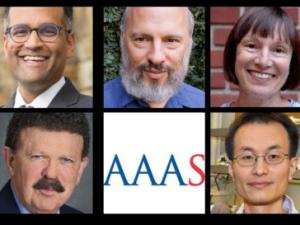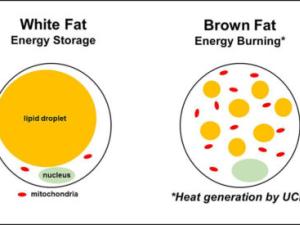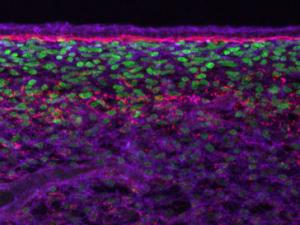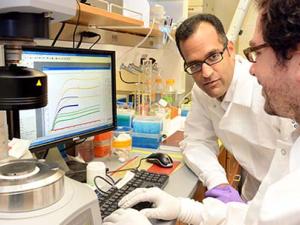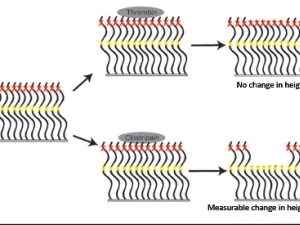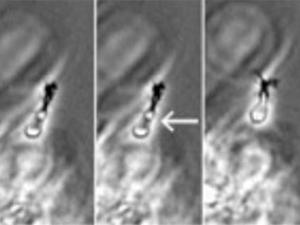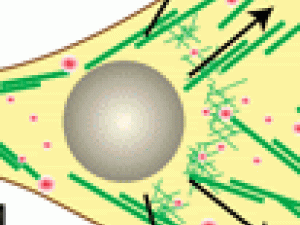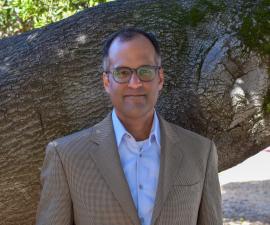

Research Bio
Sanjay Kumar, M.D., Ph.D., is a leading figure in bioengineering whose research focuses on interactions between cells and biomaterials. He investigates how biochemical and biomechanical inputs from extracellular matrix materials can be harnessed to control cellular processes such as development, cancer progression, and neural regeneration.
Kumar is renowned for developing engineered biomaterials and microscale devices that mimic the mechanical and biochemical cues of native tissues, allowing researchers to probe cell signaling in controlled environments. His work has led to new insights and therapeutic leads for brain tumors and stem cell-based regenerative medicine, with implications for designing targeted therapies and implantable materials.
A pioneer in cell mechanobiology and tissue engineering, Kumar is the E. H. and Mary E. Pardee Professor in the Departments of Bioengineering and Chemical & Biomolecular Engineering at the University of California, Berkeley and Director of the California Institute for Quantitative Biosciences at UC Berkeley (QB3-Berkeley). He also holds appointments at UCSF and LBNL. He is a former Chair of the Department of Bioengineering and a core member of the Berkeley Stem Cell Center. His contributions have been recognized with a number of honors including the NIH Director’s New Innovator Award, the Presidential Early Career Award for Scientists and Engineers (PECASE), the NSF CAREER Award and the Beckman Young Investigator Award. He has been elected as a Fellow of the American Association for the Advancement of Science (AAAS), the American Institute for Medical and Biological Engineering (AIMBE), and the Biomedical Engineering Society (BMES). He has completed terms as a member of the BMES and CMBE Boards of Directors, the NIH Study Section on Intercellular Interactions, and the NSERC Discovery Group panel on Materials and Chemcial Engineering.
Research Expertise and Interest
biomaterials, molecular and cellular bioengineering, stem cells, cancer biology, translational medicine
In the News
Five Berkeley top scholars named AAAS fellows
Brown fat flexes its muscle to burn energy -- and calories
Making chicken feathers
Tracking Cancer’s Advance in 3D
Sanjay Kumar adapts bioengineering strategies for studies in 3D cell environments to reveal how and why cancer cells invade the way they do.
Scientists create new protein-based material with some nerve
UC Berkeley scientists have taken proteins from nerve cells and used them to create a “smart” material that is extremely sensitive to its environment. This marriage of materials science and biology could give birth to a flexible, sensitive coating that is easy and cheap to manufacture in large quantities.
Kumar and Murthy receive Keck Fund award
Bioengineering professors Sanjay Kumar and Niren Murthy have been granted a $500,000 research award from the W.M. Keck Foundation for their project, Single Tumor Cell Proteomics for Diagnosis and Prognosis.
Tumor cells move faster through tight spaces
Tight spaces have the counterintuitive effect of aiding the spread of tumor cells, according to a new study led by UC Berkeley bioengineers. The researchers developed a 3D model to study the biophysical environment factors influencing tumor invasion and found that narrow channels gave cells traction to help them move faster. The findings have implications for certain cancers, including malignant brain tumors, which tend to infiltrate most rapidly along tissue interfaces and confined spaces, such as blood vessels and nerve tracts.

